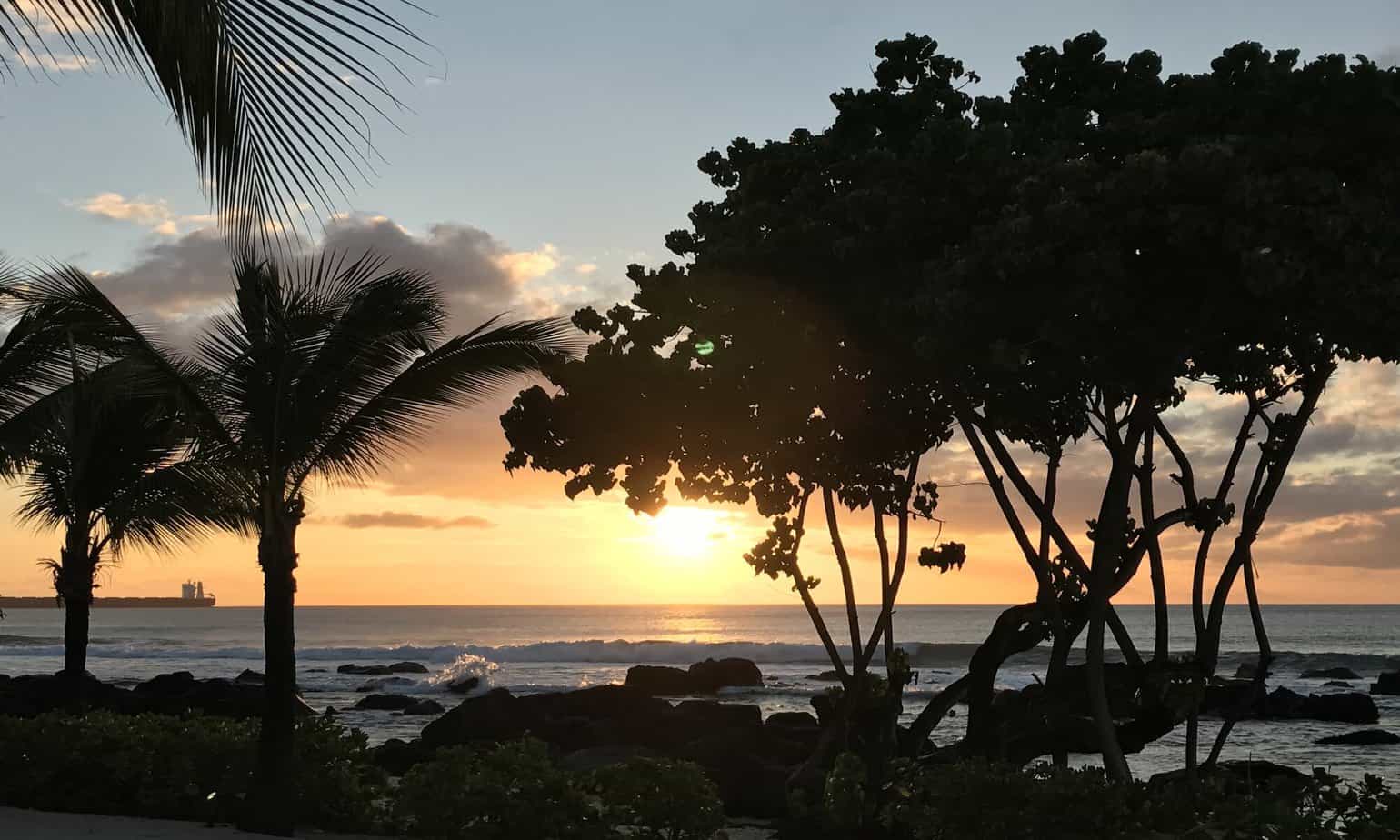
In an earlier post Frugality attempt, I mentioned that my money strategy was simply to spend less than I earned. I never worried about percentages, savings rate, spending rate etc. I knew what my income was and I would make sure vaguely that I would stay under this threshold. If I splurged on a nice dress, that’s ok because I would spend less the following week or month. If I knew I had a holiday coming up, I would curb my spending in other areas and save towards that goal. I didn’t have any strategy – my most important priority was that I could pay my mortgage.
My wages were deposited into my loan account weekly and so long as I was ahead of my repayments by $2000, I could redraw the extra money. There was no need to create ‘buckets’ for different goals or needs as the more money I had in my loan account, the less interest I paid on the loan. So I always had a lump sum at my disposal. But since I paid off my mortgage and closed the loan account, I no longer had access to this line of credit from the bank.
Now, I discovered the strategy of using different ‘buckets’ for specific goals. Call it what you will, emergency fund, mojo (as the Barefoot Investor named it) or um … as some in the FIRE community call it, F*U money, I learned this was the most important bucket. My grandmother called it ‘saving for a rainy day’.
This money is set aside, readily available and accessible for that unexpected expense. It is not for spending on a new dress or a holiday. It is set aside, not to be touched … until say, the car breaks down unexpectedly or you lose your job or even worse, the car breaks down AND you lose your job ie it is to be used when something major happened.
The alternative is to borrow money from your family or friends, take out a personal loan or add to your credit card balance. I have no desire to be beholden to anyone or take on more debt at this stage of my life. So it is time to save for an emergency fund from scratch.
The conventional wisdom is to keep three to six months of living expenses in this emergency fund so that you can survive for this length of time if necessary. It will reduce your stress and give you breathing space to think of your next step or action. In the example above, you will be able to pay for car repairs while looking for a new job.
It is also advisable to have this fund in an account that is not linked to your everyday transaction account. This helps reduce the temptation to use the money for something trivial.
There are alternate views out there – that you can use your credit card as your emergency fund or that you don’t need an emergency fund at all.
Using your credit card as your emergency fund assumes that you have sufficient income to pay it all off on the due date which means it is NOT an emergency after all. If you lose your job and I assume, income then you run the risk of not paying the bill on the due date which now puts you in debt. I am conservative in nature, so this approach would make me lose sleep.
Those that reckon you don’t need an emergency fund at all bemoans the opportunity costs of an emergency fund. That is to say that the money set aside in a savings account could have been invested in something with higher returns for example, in the stock market. But this assumes that when you need the money quickly, your shares are doing great and you can sell your shares at a good price. What if you have to sell them at a loss? Besides in Australia, it takes two days to get your cash after you’ve sold your shares.
In light of the pros and cons, I decide to keep my emergency fund in an online high savings interest account (HSIA) that is totally separate from my usual bank. It is still accessible in that I can withdraw it at a teller machine, but not that accessible as I’d have to look up my PIN because I don’t use it all the time. In addition it pays a bonus interest if the minimum amount is deposited each month without any withdrawals so that is an extra incentive to leave it alone.
The easiest & most efficient way I found to do this was to automate this deduction every week from my salary. In other words, this amount is automatically transferred into my emergency fund account electronically from my every day account where my salary is deposited each week. It is not available for me to spend on any other purpose.
I love this set and forget method – after a few weeks, l no longer miss that amount and I adjust my spending accordingly. I have to admit though, it is torturous watching it grow ever so slowly. But growing it is, so I’m best to leave it alone and check back later. And did I mention the bonus interest? It is soooo good to see the bank paying me interest after all the years I paid interest to the bank!
Disclaimer: Nothing I write here should be construed as financial advice – these are my opinions only and how I personally manage my money may be vastly different to how you manage yours. Please seek professional financial advice should you need it.
